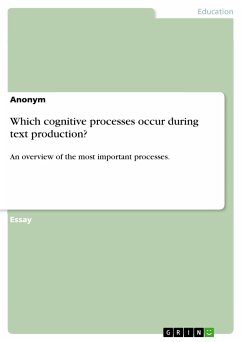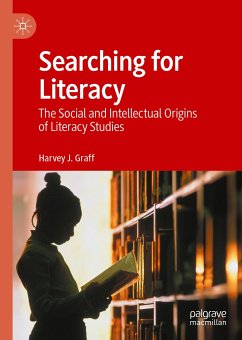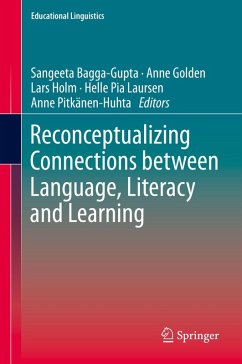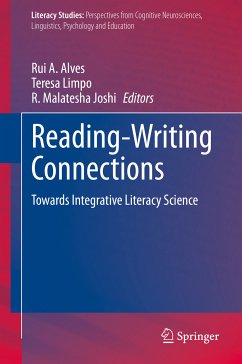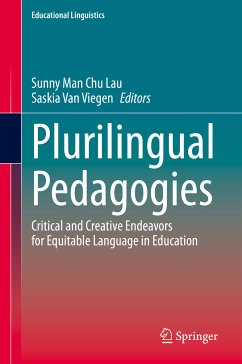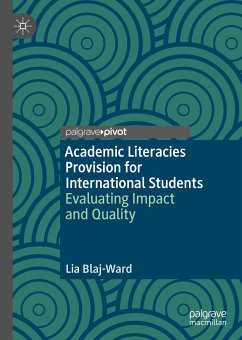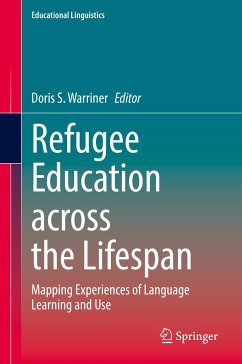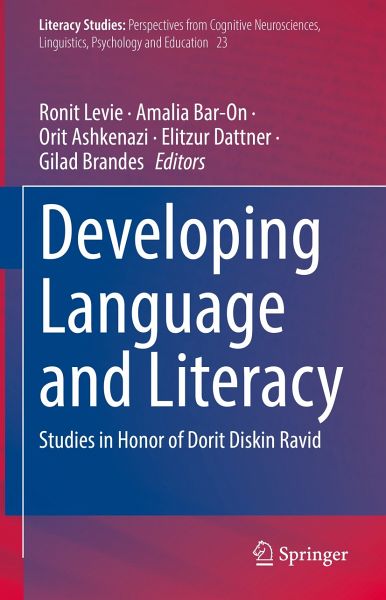
Developing Language and Literacy (eBook, PDF)
Studies in Honor of Dorit Diskin Ravid
Redaktion: Levie, Ronit; Brandes, Gilad; Dattner, Elitzur; Ashkenazi, Orit; Bar-On, Amalia
Versandkostenfrei!
Sofort per Download lieferbar
80,95 €
inkl. MwSt.
Weitere Ausgaben:

PAYBACK Punkte
40 °P sammeln!
This volume dedicated to Dorit Ravid, offers 29 new chapters on the multiple facets of spoken and written language learning and usage from a group of illustrious scholars and scientists, focusing on typologically different languages and anchored in a variety of communicative settings. The book encompasses five interrelated yet distinct topics. One set of studies is in the field of developmental psycholinguistics, covering the acquisition of lexical and grammatical categories from toddlerhood to adolescence. A second topic involves a section of studies on the interface of cognition and language...
This volume dedicated to Dorit Ravid, offers 29 new chapters on the multiple facets of spoken and written language learning and usage from a group of illustrious scholars and scientists, focusing on typologically different languages and anchored in a variety of communicative settings. The book encompasses five interrelated yet distinct topics. One set of studies is in the field of developmental psycholinguistics, covering the acquisition of lexical and grammatical categories from toddlerhood to adolescence. A second topic involves a section of studies on the interface of cognition and language, with chapters on processing, production, comprehension, teaching and learning language in usage and in historical perspective. A third topic involves a theoretical and applied perspectives on the acquisition and development of literacy competence, including reading, writing, spelling and text production. A fourth topic brings together an array of studies on social, environmental andclinical diversity in language, highlighting novel issues in multilingualism, immigration, language and literacy disorders. Finally, a section of the volume examines in depth questions in Modern Hebrew linguistics, as the home language and launching base of Dorit Ravid's research work.
Dieser Download kann aus rechtlichen Gründen nur mit Rechnungsadresse in A, B, BG, CY, CZ, D, DK, EW, E, FIN, F, GR, HR, H, IRL, I, LT, L, LR, M, NL, PL, P, R, S, SLO, SK ausgeliefert werden.





